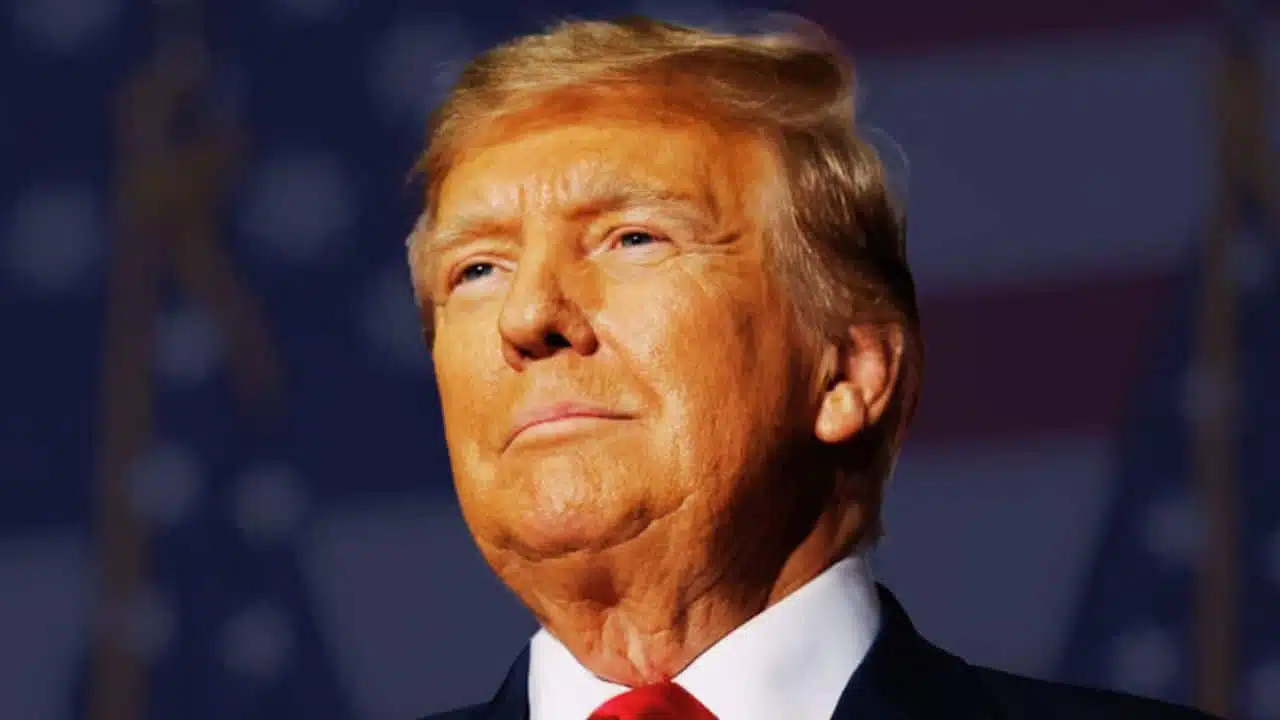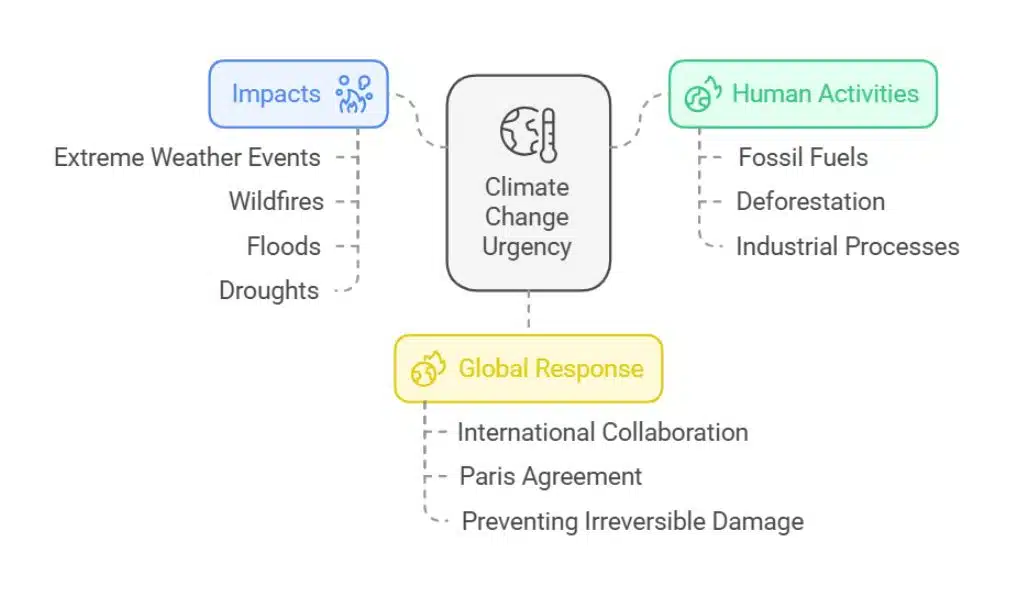On the first day of his second term, President Donald Trump signed an executive order to withdraw the United States from the Paris Climate Agreement, marking a significant decision that echoes his controversial move in 2017 during his first term. This decision has reignited debates on climate change, global responsibilities, and the balance between economic growth and environmental sustainability.
What Is the Paris Climate Agreement?
The Paris Climate Agreement, established in 2015, is a landmark international treaty adopted by 196 nations to combat climate change. It aims to limit global warming to below 2 degrees Celsius—preferably 1.5 degrees—compared to pre-industrial levels. To achieve this, countries agreed to cut greenhouse gas emissions, transition to renewable energy sources, and adopt sustainable practices to mitigate climate-related impacts.
The agreement also includes provisions for financial and technological support to developing nations, helping them adapt to climate challenges. Countries submit Nationally Determined Contributions (NDCs), outlining their plans to reduce emissions. These goals are reviewed every five years to encourage increased ambition and accountability.
The United States: A Major Emitter
As the world’s second-largest emitter of carbon dioxide, following China, the United States plays a pivotal role in global climate efforts. According to the Global Carbon Project, the U.S. has contributed approximately 20% of cumulative CO₂ emissions since 1950, making its involvement in international agreements critical.
Despite being home to only about 4% of the global population, the U.S. accounts for a disproportionate share of emissions due to its industrial activities, transportation systems, and reliance on fossil fuels. Critics argue that its withdrawal from the Paris Agreement undermines global efforts to curb emissions and weakens international solidarity.
A Climate Crisis Unfolding
The urgency to address climate change has never been clearer. The Earth’s temperature has risen by 1.5 degrees Celsius (2.7 degrees Fahrenheit) since the mid-1800s, primarily due to human activities like burning fossil fuels, deforestation, and industrial processes.
2024 was recorded as the hottest year on record, with extreme weather events becoming more frequent and severe. Wildfires in Los Angeles, catastrophic floods in Asia, and prolonged droughts in Africa highlight the devastating impacts of a warming planet.
Laurence Tubiana, one of the architects of the Paris Agreement, emphasized that such disasters serve as a stark reminder of the need for urgent climate action. She called for stronger global collaboration to prevent irreversible damage to ecosystems, economies, and communities.
The U.S. at a Crossroads: Trump vs. Biden Policies
President Trump’s decision to withdraw aligns with his administration’s focus on energy independence and economic growth through domestic energy production, including coal, oil, and natural gas. This approach starkly contrasts with former President Joe Biden’s climate agenda, which aimed to reduce U.S. greenhouse gas emissions by more than 60% by 2035 and achieve net-zero emissions by 2050.
While Trump argues that the Paris Agreement imposes unfair economic burdens on the U.S., environmental advocates warn that prioritizing fossil fuels over renewable energy jeopardizes long-term sustainability. Biden’s policies emphasized investments in clean energy, electric vehicles, and green infrastructure, positioning the U.S. as a leader in climate innovation.
The Withdrawal Process: A Timeline
Exiting the Paris Agreement is not immediate. According to the treaty’s rules, a country must notify the United Nations of its intent to withdraw, after which the process takes one year to complete. For the United States, this means that its official exit will likely occur in January 2026, unless the decision is reversed or challenged.
During this period, the U.S. will remain bound by its current commitments under the agreement. This transition window provides an opportunity for domestic and international stakeholders to advocate for policy changes or re-engagement.
Global Reactions and Implications
The decision has drawn sharp criticism from environmental groups, scientists, and international leaders. Many see it as a step backward in the fight against climate change, particularly given the U.S.’s significant role in shaping global policies.
Countries like France and Germany have reiterated their commitment to the Paris Agreement, urging the U.S. to reconsider. The European Union continues to champion climate leadership, pledging ambitious emission reduction targets and encouraging collaboration.
Domestically, reactions are divided. Supporters of the withdrawal argue that the Paris Agreement unfairly targets the U.S. economy while allowing countries like China and India to increase emissions. Opponents, however, warn that leaving the accord damages America’s global reputation and risks missing out on the economic opportunities presented by the green energy transition.
A Decisive Moment
The United States’ departure from the Paris Climate Agreement marks a pivotal moment in the global fight against climate change. As one of the largest emitters of greenhouse gases, the nation’s policies significantly influence international efforts.
Experts stress that addressing climate change requires collective action, innovation, and leadership. Whether the U.S. chooses to lead or lag in this fight will have far-reaching consequences for future generations.
The world watches closely as the debate unfolds, with hopes that unity and ambition can overcome political divisions to secure a sustainable future for all.








































